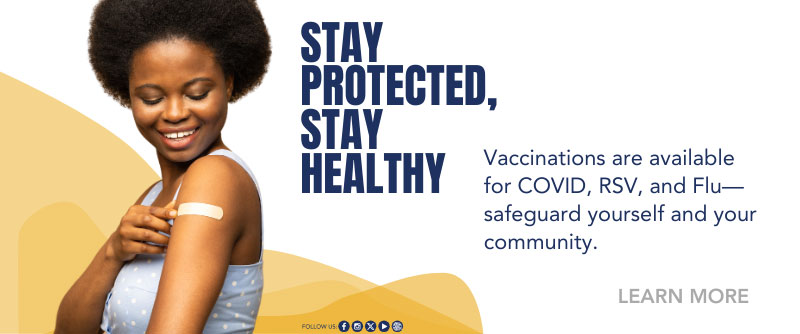Caring for a person with Alzheimer's disease at home can be a demanding task as caregivers cope with changing needs for care. The health of caregivers is at risk from stress, depression and difficulty maintaining their own health.
The impact of providing care for an older adult
Informal or unpaid caregiving has been associated with:
- Elevated levels of depression and anxiety
- Higher use of psychoactive medications
- Worse self-reported physical health
- Compromised immune function
- Increased risk of early death
- Financial hardship
Caring for your health
- Get enough sleep, exercise regularly, and eat a healthy diet.
- See your own doctor regularly.
- Stay connected to family and friends.
- Plan breaks from your caregiving responsibilities as a key part of maintaining your own health. Make your needs known to family, friends, and your doctor.
- Identify a specific caregiving task or block of time you would like help with. When someone asks how they can help, be ready with a specific request.
- Be understanding if the person turns you down. Don't be afraid to ask again.
- Contact your local Area Agency on Aging to learn about caregiver support services in your area.
Looking after your own health lets you be a better caregiver for others.
Care Planning
A well-organized care plan can help you balance care for someone else with your own care needs.
- Sample care plan CDC
Caregiver Training
Savvy Caregiver is recognized nationally as a leading evidence-based dementia family caregiver training program.
Savvy programs provide dementia knowledge, skills and mastery to family members caring for someone living with dementia. Their training can decrease caregiver distress, burden, and depression, while increasing the caregiver's sense of competence and confidence.
MSDH offers Savvy Caregiver training in-person or online as a small group session lasting two hours a week for six weeks at no cost.
Caregivers use this training to:
- Gain a better understanding of Alzheimer's and related dementias.
- Develop self-care strategies.
- Learn to successfully provide daily activities of "Contented Involvement" for their family member living with dementia.
- Identify resources for care-related assistance and support.
For information about this training, send e-mail to MSDH's Healthy Aging program at Healthy.Aging@msdh.ms.gov.

